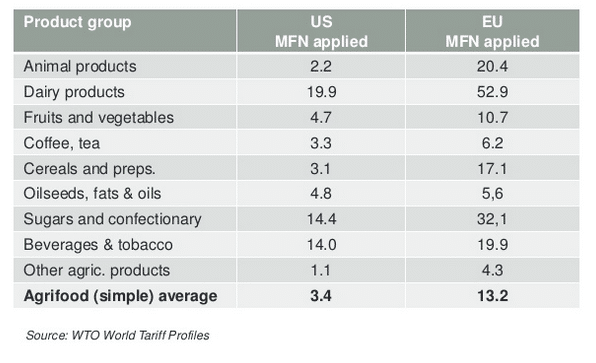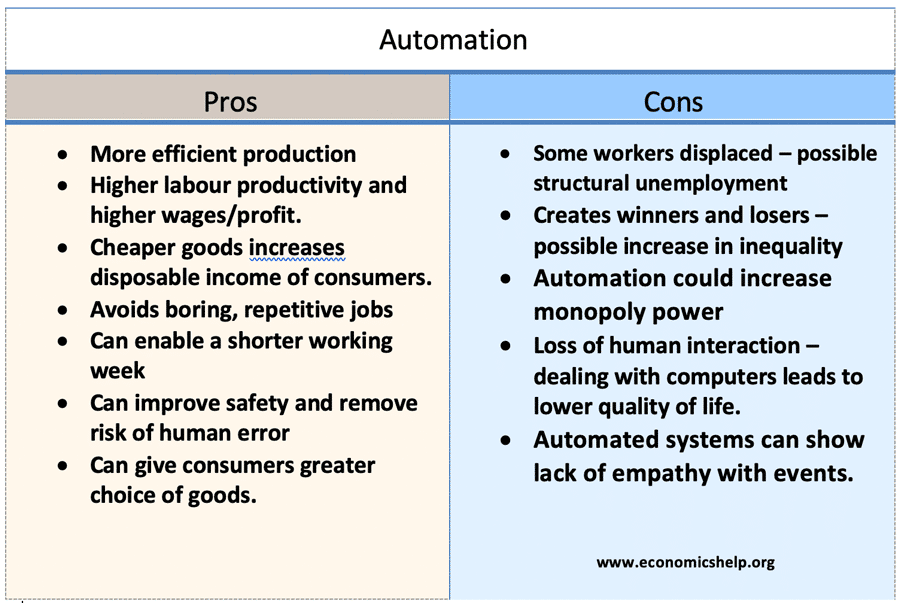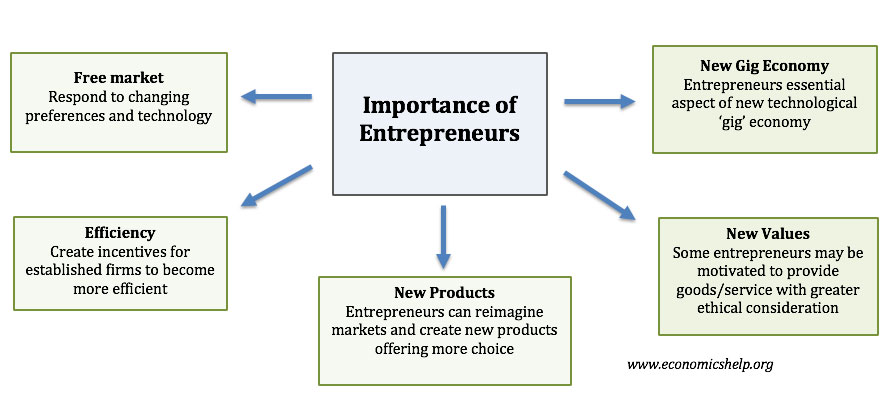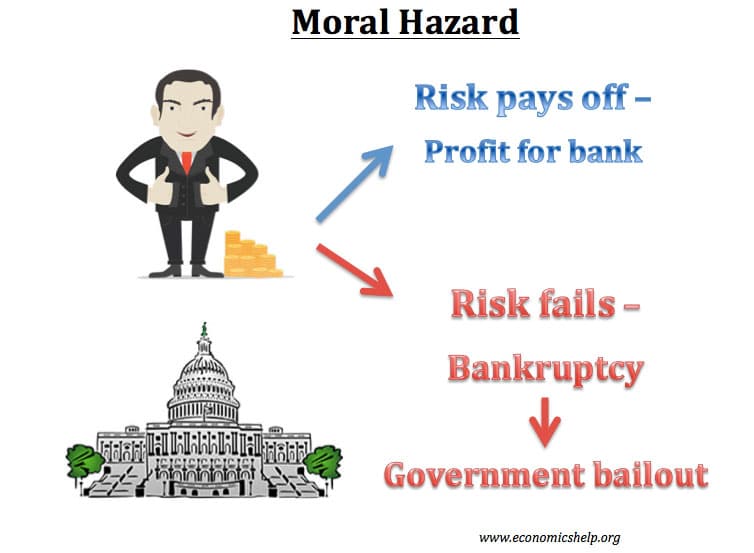Trade Barriers
Definition: Trade barriers are government policies which place restrictions on international trade. Trade barriers can either make trade more difficult and expensive (tariff barriers) or prevent trade completely (e.g. trade embargo) Examples of Trade Barriers Tariff Barriers. These are taxes on certain imports. They raise the price of imported goods making imports less competitive. Non-Tariff …





